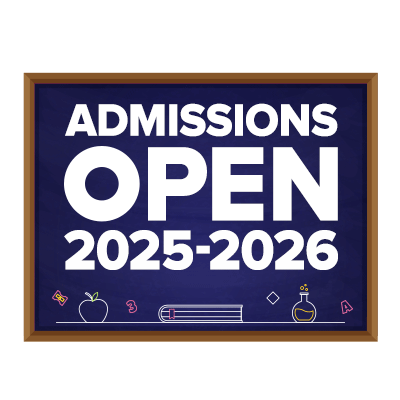
The Cambridge IGCSE program at Aspire Indian International School provides a comprehensive and balanced education, emphasizing 21st-century skills: communication, collaboration, creativity, and critical thinking. Designed for students in Levels 1 to 6 (Primary) and 7 to 11 (Secondary) for the Academic Year 2025-26. It focuses on developing foundational skills in subjects such as Math, Science, Literature, and Social Sciences, along with a diverse range of subjects like Art, Music, Global Perspectives, Environmental Management, and Physical Education.
Beyond the classroom, students are encouraged to actively engage in their learning, explore their interests, and utilize state-of-the-art facilities. Our commitment to innovation ensures students have access to the latest technology, preparing them for the digital age. The program features small class sizes, passionate educators, strong parent-teacher interactions, regular updates via the school app, class presentations, and standardized assessments.
At AIIS, we celebrate diversity and ensure students from different nationalities feel accepted, respected, and valued. Discover where academic excellence meets a vibrant, inclusive community.



English language proficiency is a key component, preparing students for a global context. The Cambridge primary curriculum focuses on the holistic growth of students, addressing academic, social, emotional, and physical development. It promotes an international outlook, exposing students to diverse cultures, ideas, and perspectives, fostering global awareness and preparing them for an interconnected world.
Students are encouraged to be critical thinkers, engaging in activities that involve observation, analysis, problem-solving, organization, and independent thinking. The curriculum emphasizes hands-on experiential learning, instilling a love for learning beyond memorization. Assessments include a variety of methods, such as class projects and practical experiences, rather than relying solely on exams.




The emphasis on holistic development continues, ensuring well-rounded individuals. While maintaining a broad curriculum, there is a gradual introduction of subject specialization. The curriculum emphasizes inquiry-based learning and the development of essential skills such as communication, collaboration, problem-solving, and adaptability, preparing students for real-world challenges.
Formative assessments focus on evaluating not only academic knowledge but also skills and understanding. The curriculum includes Digital Literacy, Global Perspectives, Environmental Management, and Life Skills, offering a balanced and progressive approach. The lower secondary curriculum acts as a stepping stone, preparing students for the challenges of upper secondary education and ensuring a smooth transition.





21st century learning : communication, collaboration, creativity, critical thinking
Research based learning
Logical and mathematical thinking ability
Cognitive and intellectual development
Computational thinking ability
Speech and Language development
Social and emotional development
Motor development
Exploration and experiential way of learning
Inquiry based learning
Group and peer learning
Engaging activities